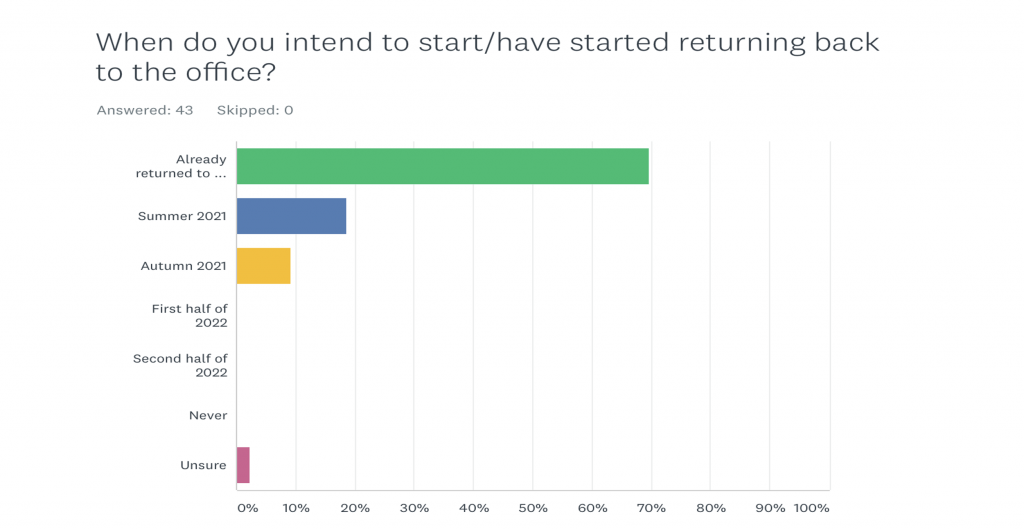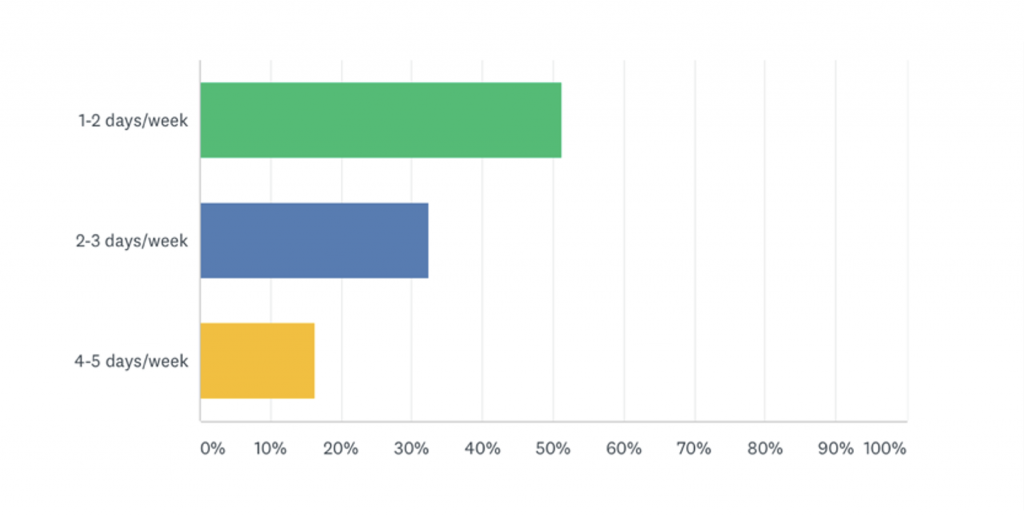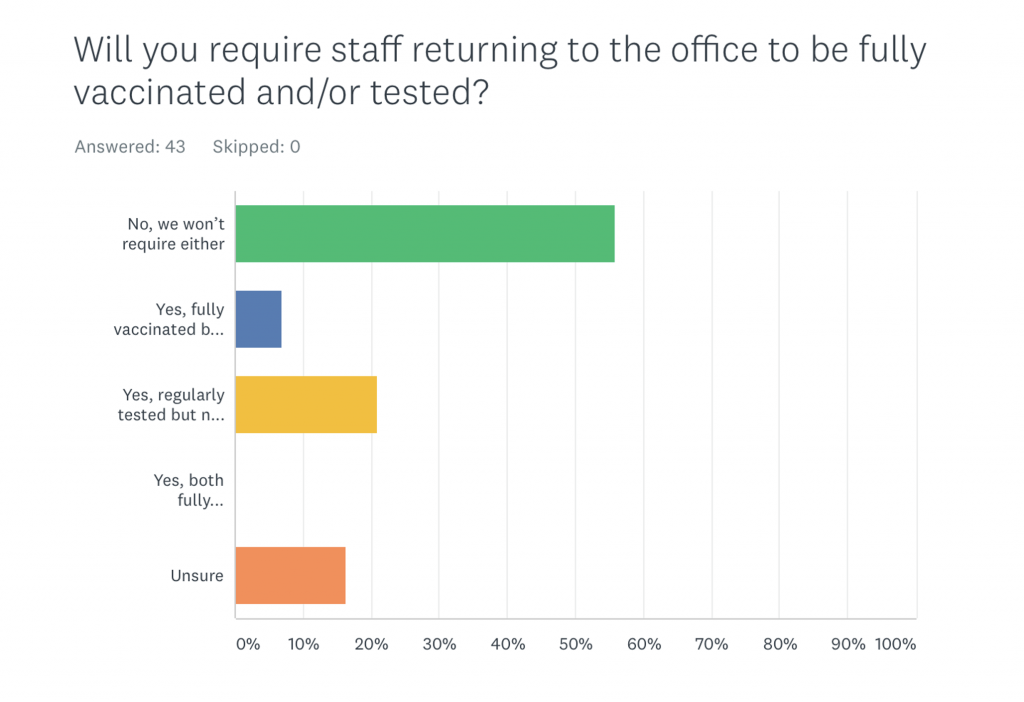Charles is the Head of Regulation at the Independent Investment Management Initiative.
Since 2017, the New City Initiative (NCI) has been campaigning vigorously for the UK to develop a new branded post-Brexit fund structure based on globally-accepted best practices, which could potentially compete and improve upon the EU’s widely regarded mutual fund wrappers, principally UCITS (Undertakings for the Collective Investments in Transferable Securities) and AIFs (alternative investment funds). If the UK were to successfully establish its own unique fund structure, then it could result in either the onshoring or creation of asset servicing roles in areas such as fund administration – which have historically been based in places like Luxembourg and Ireland. Not only would this help generate new jobs during this unprecedented period, but it could potentially stimulate economic growth outside of London and the South East, as fund administration is an activity which does not necessarily need to be performed in an existing UK financial services hub.
The government is listening
In January 2021, HMT issued a consultation asking for input on how it could enhance the attractiveness of the UK as a location for asset management and funds in particular. In the document, the UK government acknowledged that while its domestic funds regime facilitated tax efficient outcomes in most circumstances, it conceded there were areas in need of improvement. Some of the recommendations made by the UK Funds Regime Working Group include changing the tax rates as to how they are applied to UK funds, insofar as introducing a lower tax rate on authorised funds. The government is also mulling over whether to develop a tax-exempt fund structure – although it accepts that this proposal could impact a fund’s ability to access treaty benefits when investing in foreign markets and may even result in tax revenue shortfalls at HMT. HMT also indicated it would be open to re-examining its approach around charging VAT (value added tax) on fund management services, something which has incentivised many investment firms to domicile their funds outside the UK in onshore EU markets such as Ireland and Luxembourg.
Under UK legislation, the FCA (Financial Conduct Authority) must authorise UCITS applications within two months. For other fund structures such as QIS (Qualified Investor Schemes) and NURS (non-UCITS retail schemes), the FCA has up to six months to provide approval following receipt of a complete application. The government has said it would like to explore ways in which the FCA authorisation process can be expedited or further refined. The HMT paper added: “The government considers that the FCA’s 1-month target for authorisation of QIS applications seems an appropriate timeframe given the rigour of the process demanded by the complexity of the product, its availability for sophisticated retail investors, and the standards associated with FCA authorisation.”
Areas for improvement
While the consultation is welcome, NCI believes there could be areas of further improvement. For instance, Section 1.18 points out that the government does not currently intend to make material changes to onshored legislation such as UCITS and AIFMD. Some NCI members have said this is a missed opportunity, and argue that the UK should take advantage of its common law heritage to pursue reforms. Similarly, members add there could be huge gains to be made if the UK were to streamline UCITS liquidity and dealing frequency rules to suit institutional and professional investors.
Driving regional development
By encouraging more asset managers to domicile funds in the UK under a new regulatory regime, there will – by design – be a greater requirement for more service providers too – including fund administrators. Activities such as fund administration do not need to be carried out in London. In fact, fund administration is a process that can be performed nearly anywhere. Of the 12,000 existing UK fund administration jobs, a decent proportion are located in Manchester, Leeds, Nottingham, Bolton, Glasgow, Stirling, Swindon and Dorset. “The government considers that by paving the way for more fund administration jobs, enhancements to the UK funds regime can generate more jobs outside of London.” This is something which NCI has repeatedly advocated for in its lobbying efforts. The roll-out of an effective domestic UK fund structure could materially strengthen the UK’s financial services industry, potentially offsetting some of the job losses being inflicted by the COVID-19 crisis.
HMT should not focus solely on generating jobs outside of the South East in fund administration. The government should incentivise more asset managers to base themselves outside London. Asset managers are facing sizeable cost overheads as a direct result of increasing operational and regulatory spending. This is making it increasingly difficult for start-up fund managers to establish themselves. Moreover, the industry as a whole is likely to find itself under severe revenue pressure as a result of Covid-19, and its impact on performance. In response, it could make far more economic sense for start-ups or existing managers to set up branches outside of London, where cost overheads and office rents are markedly lower. In fact, this trend is already happening. A growing number of asset managers are now incentivising their sales and relationship management staff to relocate outside of London, especially given the tectonic growth in video conferencing facilities.
Moreover, there is also a huge amount of talent in the regions owing to their excellent higher education facilities and universities. One NCI member suggests that the government could help stimulate start-up managers in the regions through the establishment of UK asset management campuses across the whole country with subsidised facilities for new or fledgeling managers. Ideally, these facilities – which could be biased to certain fund or asset class types – would be located near University Towns so as to attract talent. On a personal level, living costs are also much lower in many areas outside of London and the South East. With COVID-19 having accelerated remote working practices, there is nothing to stop more asset management businesses from establishing subsidiary offices in different parts of the UK. This is something NCI believes the government should firmly encourage.
Beyond the regional cities
By incentivising the asset management industry to widen its geographical footprint within the UK, it could result in a trickle-down economic effect with wealth becoming more evenly distributed away from affluent regional cities to nearby towns, which are among some of the country’s most depressed areas. If less well-off towns are to thrive moving forward, however, there needs to be more government investment in core transport links and infrastructure. Another innovative solution could be to encourage asset managers and other financial institutions to invest in some of the UK’s most deprived regions by offering them tax incentives to do so. One expert concedes this would be a long-term initiative. “Financial institutions need to be located in areas where there are strong links to universities. In many of the more deprived parts of the UK, there are obvious talent shortages, and that will prevent firms from relocating there. That said, if financial services firms and other organisations were motivated to invest in further education, skills-development and infrastructure in these deprived regions, then that could yield positive results albeit over the long term,” he explains.
Key Proposals
In order to stimulate asset management and asset servicing jobs following Brexit, the UK should create its own fund brand. This is something which NCI is willing to engage with the government on.
- If this fund structure is successful, it could spark further growth in UK asset servicing and asset management roles. The government should encourage these businesses to launch outside of London.
- Similarly, incentives – potentially tax benefits – should be given to financial institutions to invest in infrastructure and education in especially deprived parts of the UK. This could help promote long-term economic regeneration.
- NCI is willing to facilitate conversations between the industry and regional economic bodies to help support the funds industry’s development outside of London.




